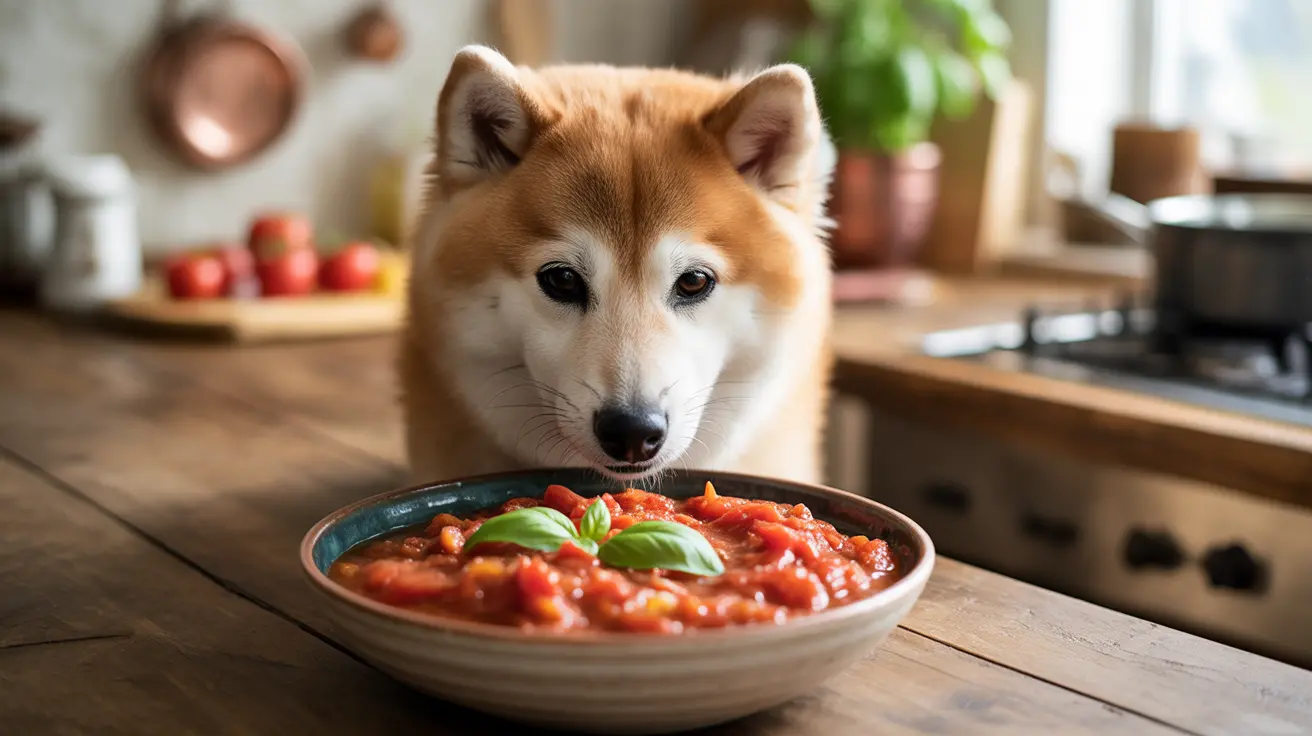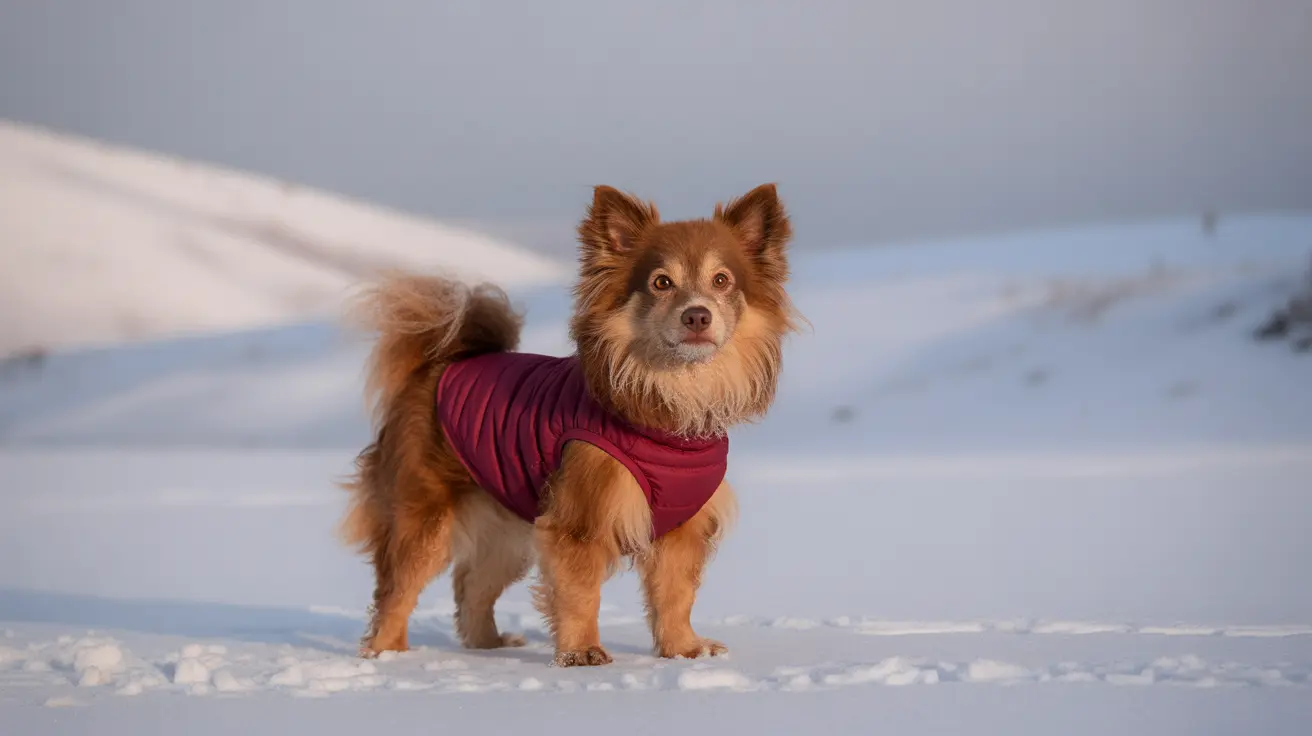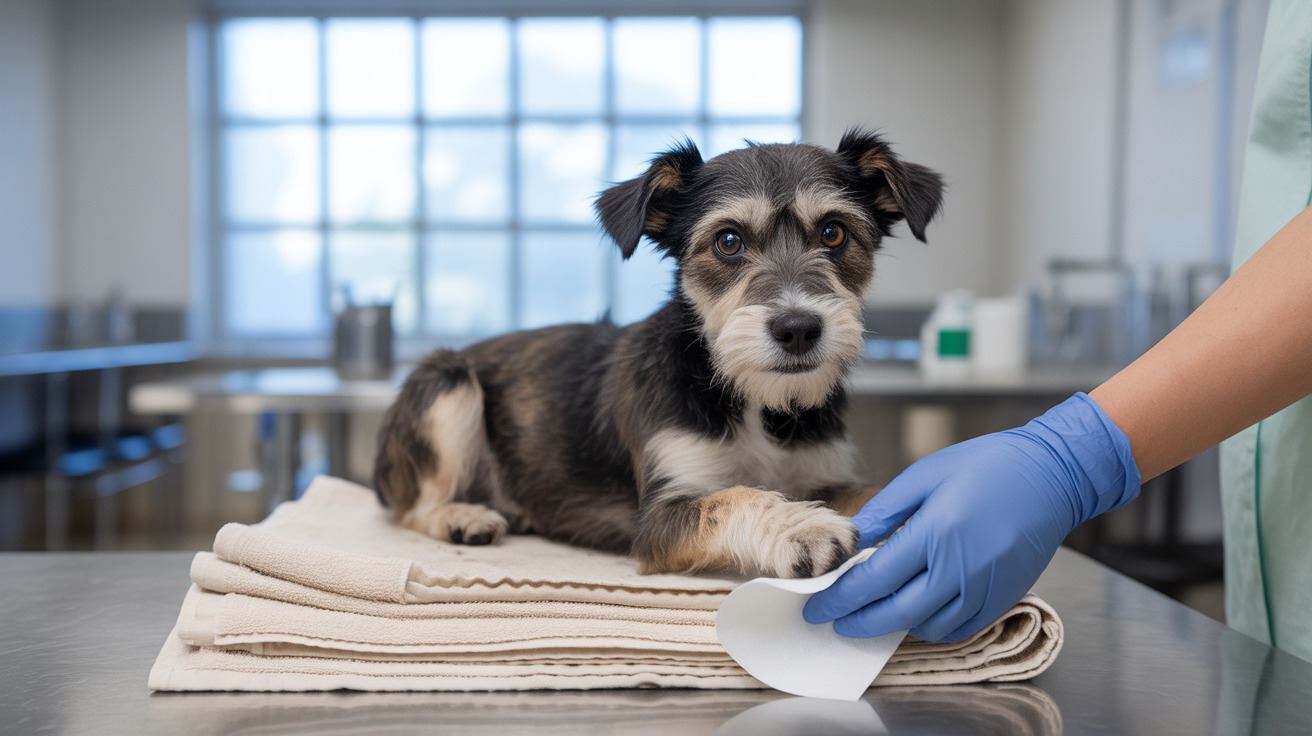Understanding Tomato Sauce and Your Dog's Health
Many dog owners wonder about sharing human foods with their pets, and tomato sauce is a common concern. While plain, ripe tomatoes can be safe for dogs in moderation, the question of tomato sauce safety is more complex and requires careful consideration.
The safety of tomato sauce for dogs primarily depends on its ingredients and preparation method. Understanding these factors is crucial for making informed decisions about your pet's diet and preventing potential health risks.
The Truth About Plain Tomato Sauce
Plain tomato sauce made solely from ripe tomatoes can be safe for dogs in small amounts. In fact, cooked tomatoes contain higher levels of lycopene, an antioxidant that can benefit your dog's health. However, the key word here is "plain" – the sauce must be free from additives and seasonings.
Even with plain sauce, moderation is essential. Too much tomato-based product can lead to digestive upset due to its natural acidity.
Commercial Tomato Sauce: Hidden Dangers
Store-bought tomato sauces typically contain numerous ingredients that can be harmful or toxic to dogs:
- Garlic and onions (highly toxic to dogs)
- Excessive salt
- Added sugars
- Artificial preservatives
- Herbs and spices that may cause irritation
- Potentially harmful additives
These ingredients can cause various health issues ranging from mild digestive upset to severe toxicity requiring immediate veterinary attention.
Safe Ways to Share Tomatoes With Your Dog
If you want to include tomato-based products in your dog's diet, consider these safer alternatives:
- Make a simple homemade sauce using only ripe tomatoes
- Offer small pieces of fresh, ripe tomato as occasional treats
- Consider commercial dog foods that include tomato pomace as an ingredient
Signs of Tomato Sauce-Related Problems
Watch for these symptoms if your dog consumes tomato sauce, especially commercial varieties:
- Vomiting or diarrhea
- Lethargy
- Excessive drooling
- Weakness or collapse
- Pale gums
- Rapid heart rate
- Signs of allergic reaction
If you notice any of these symptoms, contact your veterinarian immediately.
When to Avoid Tomato Products Completely
Some dogs should never be given tomato sauce or tomato products:
- Dogs with sensitive stomachs
- Those with existing health conditions
- Puppies and small breeds
- Dogs with known food allergies
- Pets with kidney or heart issues
Frequently Asked Questions
Can dogs eat tomato sauce safely, and what kind of tomato sauce is best?
Dogs can safely consume plain tomato sauce made only from ripe tomatoes in small amounts. The best option is homemade sauce without any additives, seasonings, or salt. Commercial sauces should generally be avoided.
Why is commercial tomato sauce often harmful to dogs?
Commercial tomato sauce typically contains ingredients toxic to dogs, such as garlic, onions, excessive salt, and preservatives. These additives can cause serious health issues ranging from digestive problems to severe toxicity.
What ingredients in tomato sauce are toxic to dogs and what symptoms should I watch for?
Toxic ingredients include garlic, onions, excessive salt, and certain preservatives. Watch for symptoms like vomiting, diarrhea, weakness, pale gums, rapid heart rate, and excessive drooling.
How can I safely prepare homemade tomato sauce for my dog?
Simply cook ripe tomatoes without any additives, seasonings, or salt. Remove all green parts and seeds, and serve only small amounts as an occasional treat.
Are ripe tomatoes and plain tomato sauce beneficial for dogs' health?
Yes, in moderation. Ripe tomatoes and plain tomato sauce contain beneficial nutrients like lycopene, vitamins A and C, and antioxidants that can support your dog's overall health.
Conclusion
While plain tomato sauce can be safe for dogs in small amounts, it's best to err on the side of caution. If you choose to share tomato products with your pet, stick to homemade, additive-free preparations and always monitor your dog for any adverse reactions. When in doubt, consult with your veterinarian before introducing any new foods to your dog's diet.






